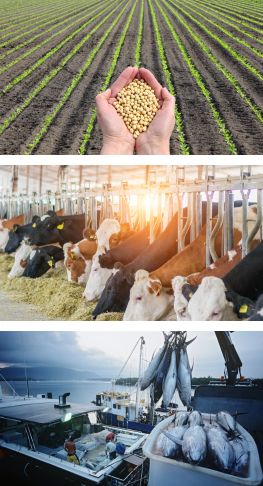
Raw Material Shortages and Their Impact on the B2B Industry in 2025
The supply of raw materials remains a challenge for B2B industries worldwide. Factors such as geopolitical instability, climate change, and increased demand have created a volatile scenario that affects production and operational costs for companies.
Key Factors in the Raw Materials Crisis
- Geopolitical tensions: Trade conflicts and export restrictions have reduced access to critical inputs.
- Climate change: Extreme weather events have affected the production of essential raw materials such as minerals and agricultural products.
- Growing demand: Increased consumption and the transition to renewable energies have heightened competition for limited resources.
Opportunities by Region
LATAM: Boosting Sustainable Mining and New Trade Agreements
Latin American countries are strengthening their sustainable mining sectors and establishing agreements to ensure the supply of key inputs.
EMEA: Investment in Material Recycling and Circular Economy
Companies in Europe, the Middle East, and Africa are focusing on circular economy models and recycling to reduce dependence on new raw materials.
NA (Canada, USA, Mexico): Nearshoring and Strengthening Local Production
North America is implementing nearshoring strategies and increasing local production to minimize dependence on foreign markets.
APAC: Innovation in Resource Extraction and Raw Material Substitution
Asia leads in innovation in extraction technologies and the substitution of critical raw materials to ensure supply stability.
Conclusion
Companies that adopt resilient and sustainable strategies will be better prepared to face supply chain challenges. Pulpop helps you connect with reliable suppliers to secure your business supply. Discover more at Pulpop.io.





